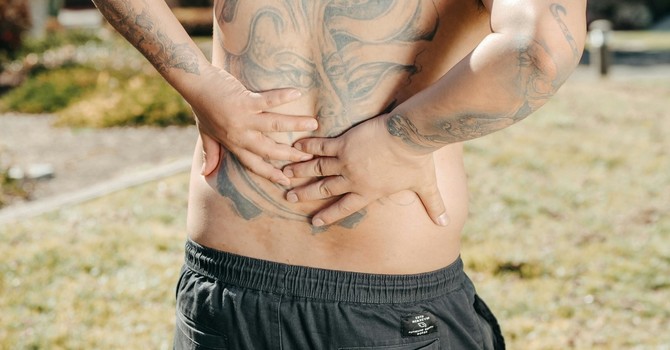
The term PPGP (Pregnancy-Related Pelvic Girdle Pain) is used to describe mechanical pain experienced over the pubic bone (symphysis pubis) at the front and center of your body, on both sides of your back which includes the sacroiliac joints, or along the outsides of the hips. Pregnancy-Related Pelvic Girdle Pain (PGP) affects 1 in 5 pregnant women and, in most cases, is a completely treatable condition. There is a wide range of PPGP symptoms and the severity of these symptoms varies between women and while PPGP is not harmful to the baby but can be very uncomfortable for the mother-to-be.
While many women only notice mild pain during more strenuous activities, it is possible to have symptoms during a variety of activities including but not limited to:
– Sitting, standing or lying down for long periods of time
– Bending or lifting
– Transition movements: rolling in bed, getting up from a chair
– Walking up stairs
– Sexual intercourse
– Taking care of their toddler
– Household chores: vacuuming, ironing, washing dishes, cooking
– Getting in/out of a car and driving
– Exercise: cycling, swimming, running, walking and more!
PPGP is a combination of mechanical, hormonal, and emotional changes leading to an asymmetry of movements through the joints of the pelvic girdle. Each case is a different and this requires professional assessment in order to determine the contributing factors. However some of the common pregnancy related changes include:
– Weight gain through pregnancy predominantly in the abdominal region
– Ligament laxity due to hormonal changes
– Muscle stretch (mostly the abdominal muscles over the baby bump!)
– Altered muscle length and tension of the pelvic floor (increased weight pushing down on the pelvic floor)
– Changes in posture and center of gravity due to your growing ‘bump’
– A history of lower back pain or pelvic pain can present an increased risk of developing PPGP
PPGP can actively and successfully be treated with physiotherapy and exercises. Education on the do’s and don’ts of pregnancy from a movement standpoint is very important to preventing PPGP as often faulty movement patterns are increasing the symptoms.
Whether you are experiencing symptoms yourself, or know someone who is, a physiotherapy session can help you get on the path to having a pain free pregnancy.



